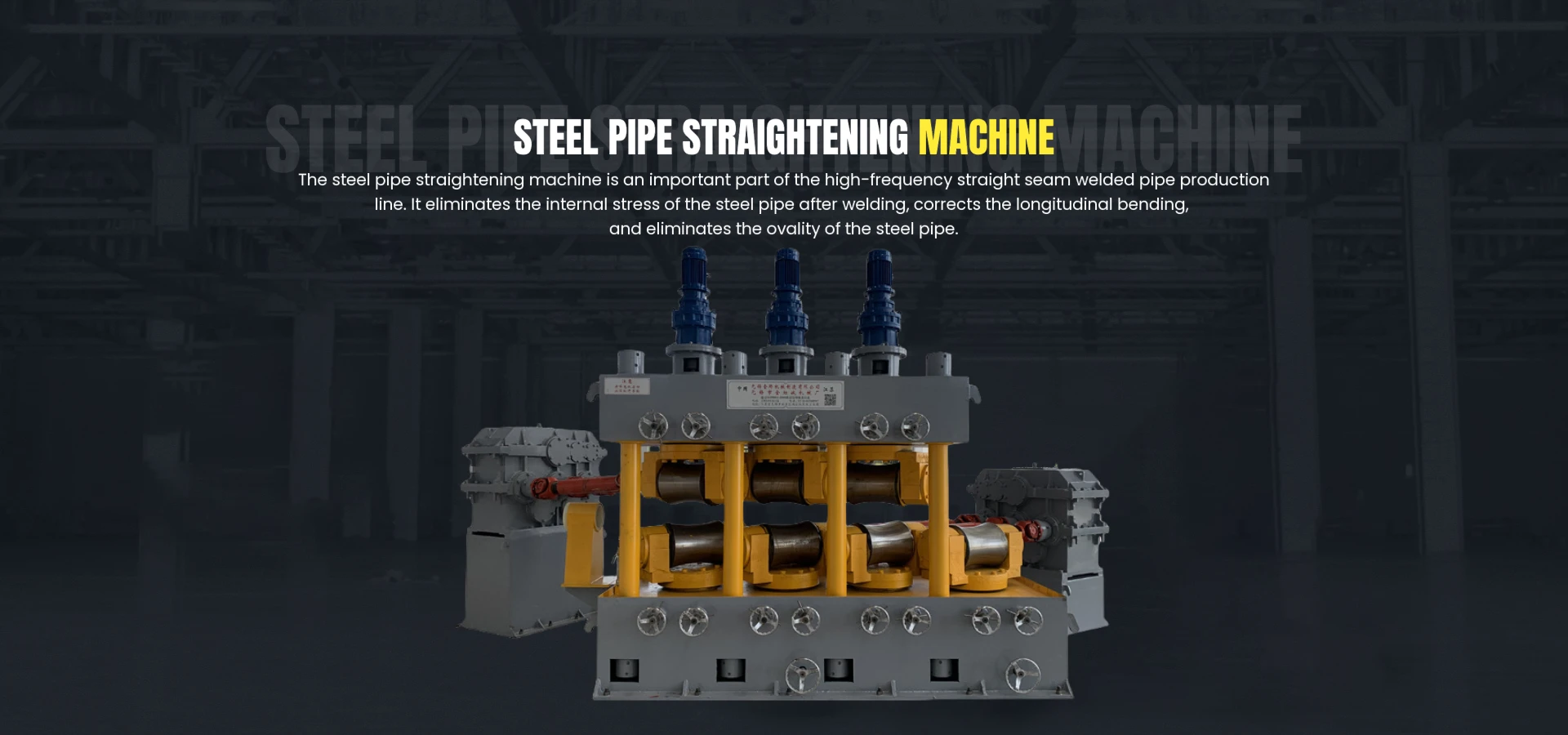line steel pipe
Understanding Line Steel Pipe Applications, Benefits, and Specifications
Line steel pipes are one of the essential components in the industrial world, primarily used for the transportation of fluids and gases. These pipes are manufactured from high-quality steel, making them a preferred choice for a variety of applications, from the oil and gas industry to water transportation systems.
What is Line Steel Pipe?
Line steel pipes are typically characterized by their strength, durability, and resistance to pressure and temperature variations. They are produced in various sizes and specifications, catering to a wide range of needs. The pipes can be either seamless or welded, and they are designed to withstand harsh environmental conditions, which is crucial for applications like oil drilling and natural gas transportation.
Applications of Line Steel Pipe
1. Oil and Gas Industry One of the primary uses of line steel pipes is in the transportation of crude oil and natural gas from extraction points to processing facilities. These pipes ensure that hydrocarbons are transported safely and efficiently, minimizing the risk of leaks and environmental hazards.
2. Water Supply Systems Line steel pipes are also used in municipal water supply systems, where they transport potable water. Their strength and reliability make them suitable for high-pressure environments often encountered in water distribution networks.
3. Chemical Processing In the chemical industry, these pipes transport various chemicals, including aggressive substances. Line steel pipes resist corrosion and degradation, which is vital for maintaining the integrity of the pipeline and ensuring safety.
line steel pipe

Benefits of Line Steel Pipe
1. Durability and Strength Line steel pipes are designed to withstand high pressure and mechanical stress, making them a durable option for various industrial applications. They have a long service life, reducing the need for frequent replacements.
2. Corrosion Resistance Many line steel pipes are treated or coated to resist corrosion, particularly when used for transporting aggressive chemicals or in harsh environments. This enhances their lifespan and reduces maintenance costs.
3. Cost-Effectiveness Although the initial investment in line steel pipes might be higher than other materials, their longevity and reduced maintenance requirements make them a cost-effective solution over time.
4. Versatility Line steel pipes can be tailored to meet specific requirements, whether in terms of size, thickness, or coating. This adaptability makes them suitable for various applications across different industries.
Specifications and Standards
Line steel pipes are produced according to various industry standards, ensuring they meet specific performance criteria. Common specifications include API (American Petroleum Institute) standards for oil and gas applications and ASTM (American Society for Testing and Materials) standards for general construction and industrial use. These standards dictate the chemical composition, mechanical properties, and quality assurance processes that the pipes must undergo.
Conclusion
In summary, line steel pipes are a vital component in many industries, providing a reliable and efficient method for transporting fluids and gases. Their strength, durability, and corrosion resistance make them an invaluable asset, contributing to the safety and efficiency of various operations. As technology and industry standards evolve, the development of line steel pipes continues to adapt, ensuring they meet the demands of an ever-changing industrial landscape. When selecting line steel pipes for a project, it is essential to consider the specific requirements and industry standards to ensure optimal performance and safety.
-
High Frequency Straight Seam Welded Pipe Production Line-BzZhou Xinghua Machinery Equipment Manufacturing Co., LTD.|line pipe steel&welded gas pipeNewsJul.30,2025
-
High Frequency Straight Seam Welded Pipe Production Line-BzZhou Xinghua Machinery Equipment Manufacturing Co., LTD.|High Precision&Automated SolutionsNewsJul.30,2025
-
High Frequency Straight Seam Welded Pipe Production Line - BzZhou Xinghua Machinery Equipment Manufacturing Co., Ltd.NewsJul.30,2025
-
High Frequency Straight Seam Welded Pipe Production Line-BzZhou Xinghua Machinery Equipment Manufacturing Co., LTD.|Precision Welding, High EfficiencyNewsJul.30,2025
-
High Frequency Straight Seam Welded Pipe Production Line|BzZhou Xinghua|Precision Welding&EfficiencyNewsJul.30,2025
-
High Frequency Straight Seam Welded Pipe Production Line - BzZhou Xinghua|Precision Engineering&EfficiencyNewsJul.30,2025


